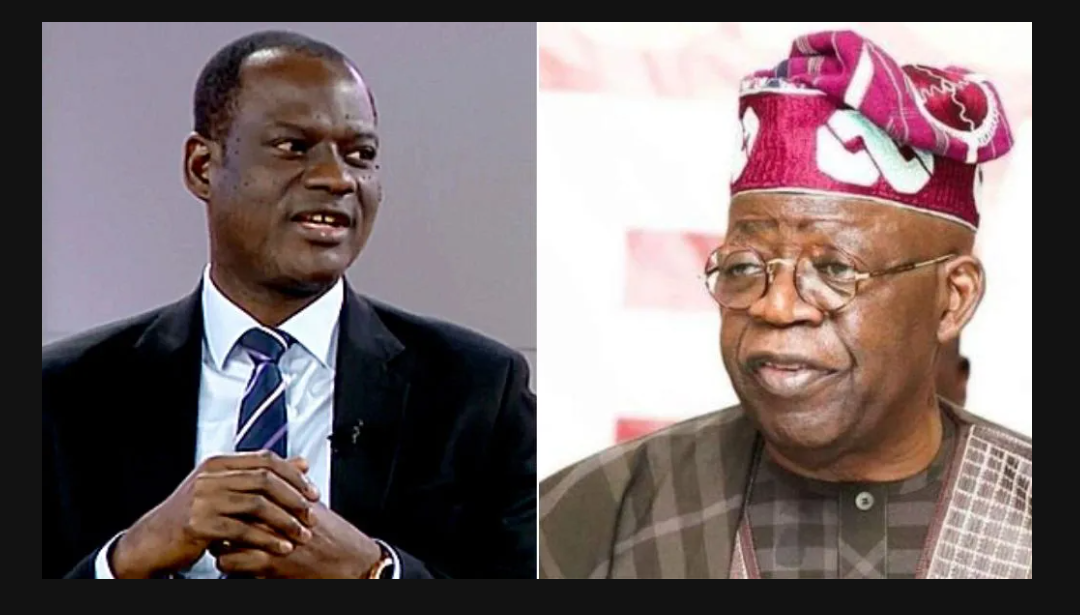News
Tinubu’s government opens up on recruiting area boys to collect taxes in Nigeria
The Federal Government of Nigeria under President Bola Ahmed Tinubu has dismissed allegations of recruiting “area boys” for tax collection, affirming its commitment to implementing reforms in fiscal policies and tax collection methods across the nation.

Recall in an interview with Channels Television’s Sunrise Daily on January 21, the Chairman of Presidential Tax and Fiscal Policy Reform, Taiwo Oyedele, said area boys can be trained for tax collection and paid decent salaries to forsake their old ways.
However, the remarks generated a lot of controversies with many saying if education is being valued by the government, area boys won’t have better opportunity to be recruited than countless graduate on the streets across the country.
Responding to the controversies, Oyedele, emphasised that the government is not engaging in the recruitment of individuals already involved in tax collection activities, whether legally or otherwise.
Nigeria currently boasts over 40 taxes and levies, with states and local governments authorized by law to collect them.
These levies encompass various aspects, including road taxes on trucks, buses, bicycles, as well as levies on wheelbarrows, kiosks, and shops
Oyedele highlighted the prevalent issue of area boys engaging in the collection of these taxes through coercive and unorthodox means, often resorting to harassment tactics.
Despite the significant burden imposed on small businesses, artisans, and transporters, the revenue generated from these taxes remains minimal, Oyedele noted.
In an effort to address these challenges, the government proposes to streamline and eliminate redundant taxes while harmonizing those deemed appropriate.
“In many cases, area boys are engaged to collect these taxes which they often do through crude, unorthodox means and harassment.
“Painfully, these taxes yield very little revenue to the government despite the huge burden they place on small businesses, artisans and transporters.
“We propose to eliminate many of these taxes and harmonise a few of them that may be appropriate and devise a civil means of collection using mobile phones.
“The issue I addressed during my interview on Channels TV, which has been sensationalised and taken out of context, was how to get the buy-in of those who currently collect these taxes (and obviously benefit from doing so beyond whatever they are being paid officially). I did not mention any words like recruit or employ. You can watch the extract.
“My thought on it beyond the legal aspect was to consider the social dimension and find a practical solution that has a high chance of success. The idea being that the government could train the collectors to behave in a civilised manner and pay them decently so that it is comparable to what they currently make. Their new role will be to drive and monitor compliance. The payers will pay less and be treated with dignity. The government will earn more, and society will benefit – a win-win outcome for everyone.
He reiterated that the focus is on securing the cooperation of existing tax collectors, who may currently benefit beyond official payments.
Oyedele emphasized the need for a practical solution that encompasses both legal and social dimensions, aiming for a constructive outcome beneficial to all stakeholders.
Follow us on social media:-

 News2 days ago
News2 days agoFarmer k!lled, three siblings and one other severely injured as bomb explosions rock Niger state community
-

 News2 days ago
News2 days agoVideo trends as Nigerian lady transforms face into Jesus Christ with makeup (Watch)
-

 Crime2 days ago
Crime2 days agoLady swaps old woman’s ATM card while pretending to help, steals N2M
-

 Celebrity Gossip & Gist20 hours ago
Celebrity Gossip & Gist20 hours ago“The money wey dem pay me don expire” – Moment Burna Boy stops his performance at the Oando PLC end of the year party (Video)


